Have you ever wondered if cleaning a fan can actually make it cooler? I personally have experienced the difference between the cooling of fan with and without cleaning it in a right way. Many of us use fans in our homes and offices to maintain a comfortable temperature, especially during the hot summer months.
Contents
In this post, we will explore the relationship between cleaning a fan and its cooling efficiency, to help you better understand the importance of maintaining your fan for optimal performance.
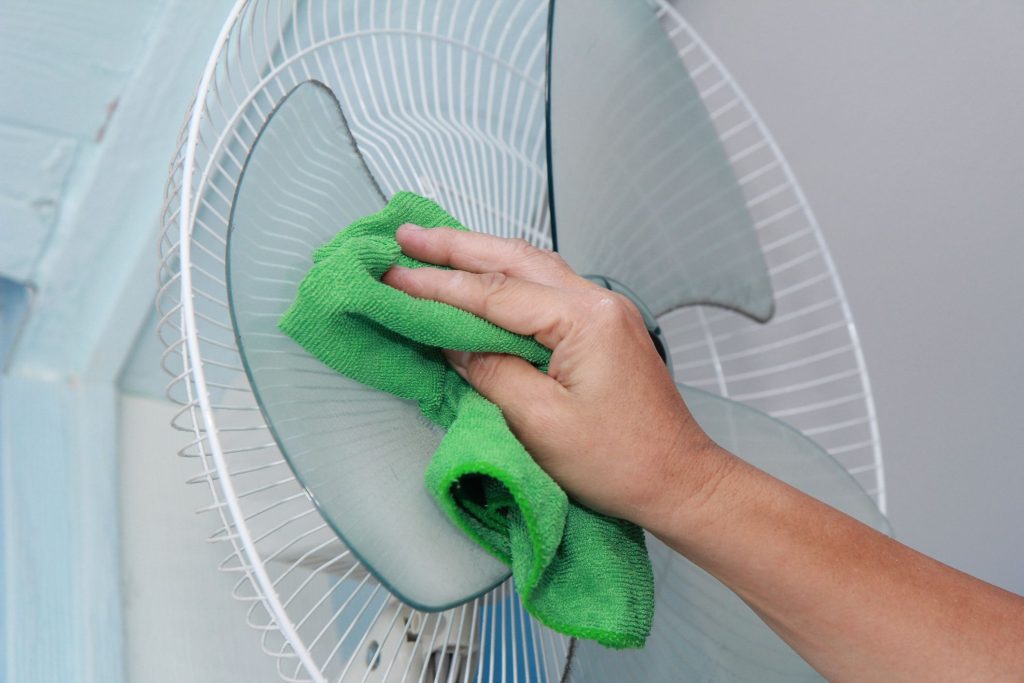
Basic Principles of a Fan
A fan works by creating an airflow that helps to cool the surrounding environment. This is achieved through the process of evaporation and heat transfer, where the fan draws in warm air and blows it over a surface, often our skin, to facilitate cooling. Several factors can affect a fan’s cooling efficiency, such as its design, ambient conditions, and its cleanliness.
Impact of Dust and Debris on Fan Performance
Over the time due to pollution, movement of vehicles and many other reasons dust and debris can accumulate on a fan’s blades and other components, which can lead to several issues:
Airflow Obstruction
Dust buildup on the fan blades can reduce air circulation, leading to a decrease in the cooling capacity of the fan. This means that a fan filled with dirt obstructs the airflow and thus will not be able to cool your room as effectively as a clean one.
Strain on the Motor
Dust and debris can also put a strain on the fan motor, causing it to work harder and consume more energy. This can lead to overheating and a shorter lifespan for your fan.
This is how and debris affect the efficiency of the fan. Now let us see how does cleaning the fan affect its performance and efficiency.
Recommended Reading: How to Clean a Fan with A Plastic Bag?
Impact of Cleaning a Fan on Cooling
You can easily clean the fan without taking it apart and regular cleaning of a fan does impact its cooling and efficiency. Let us see the impact below:
- Improved Efficiency: A clean fan would be free from all dust obstructions and thus will have better airflow. As a result, it will provide enhanced cooling performance.
- Enhanced Cooling Performance: By removing dust and debris the motor of the fan has no strain in movement and becomes efficient. The fan can circulate air more effectively, providing better cooling.
- Prolonged Lifespan: Cleaning your fan can help to reduce strain on the motor and prevent overheating, prolonging its overall lifespan.
So, by now we are clear that cleaning the fan is the must if you want a cool environment in your home.
- Unplug the fan before cleaning it.
- Ensure that you use appropriate cleaning methods and tools, such as a soft brush or cloth to gently remove dust and debris from the blades and other components.
- Clean your fan at least once a month, or more often if it’s used in a dusty environment.
Comparing Clean vs. Dirty Fan Performance
Experimental evidence has shown that clean fans generally perform better than dirty ones. Studies have found that clean fans have lower temperature differences, higher airflow rates, and consume less energy than their dirty counterparts. However, it’s essential to consider the variability in fan design and usage, as well as external factors that can affect cooling performance, such as room size and humidity levels.
Conclusion
In summary, cleaning a fan can indeed make it cooler, as it improves the efficiency, enhances cooling performance, and prolongs the lifespan of the fan. To get the most out of your fan and maintain a comfortable temperature in your space, be sure to clean it regularly and follow appropriate maintenance practices.

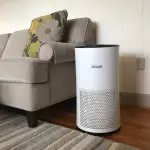
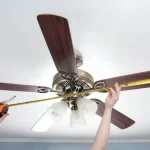
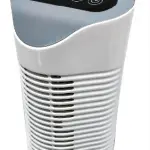



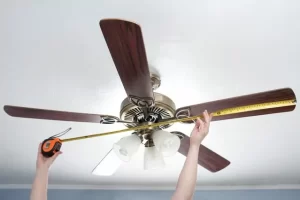
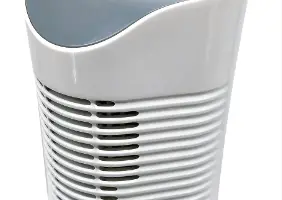

Add Comment